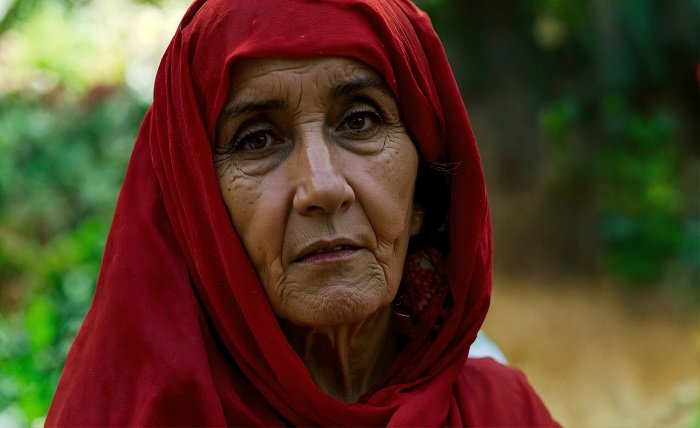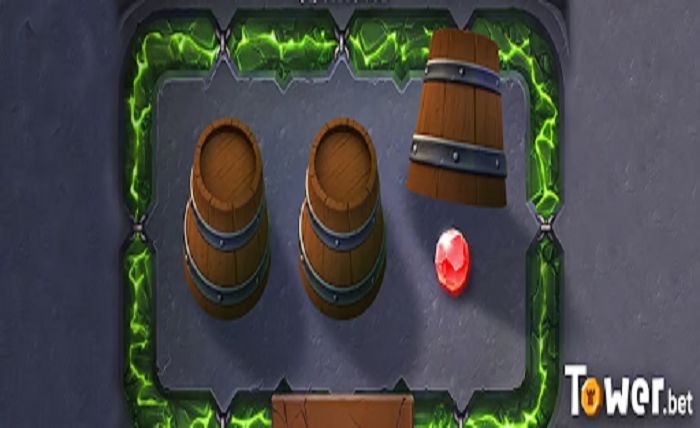Mothers De Kab Hai: Complete Guide to Date, History, and Celebration

When people ask mothers de kab hai, they are not just asking about a date but about a celebration of unconditional love. Mothers de kab hai is a question that comes to mind every year as families across the world prepare to honor their mothers. In most countries, mothers de kab hai falls on the second Sunday of May, but the traditions and reasons for celebrating differ around the world. Understanding mothers de kab hai is important because it gives us a chance to appreciate and cherish the women who nurture and shape our lives.
The History Behind Mothers De Kab Hai and Its Origins
When we discuss mothers de kab hai, it is essential to understand its history and cultural roots. The concept of mothers de kab hai goes back to ancient Greece and Rome, where festivals were held to honor mother goddesses. In the modern era, mothers de kab hai was established in the early 20th century in the United States, thanks to Anna Jarvis, who wanted to honor her own mother’s contributions. Since then, mothers de kab hai has spread worldwide and taken different forms in different cultures. Knowing the origins of mothers de kab hai allows us to value the holiday beyond just its commercial appeal.
Mothers De Kab Hai in 2025: The Exact Date You Need
One of the most common questions is mothers de kab hai in 2025. The answer is that mothers de kab hai will be celebrated on Sunday, May 11, 2025, in most countries, including the United States, India, Bangladesh, and many European nations. However, mothers de kab hai is celebrated on different dates in the UK and a few other countries, where it often aligns with Lent or other traditions. To avoid confusion, people always search mothers de kab hai in a specific year. This makes it easier for families to prepare and plan something special. Mothers de kab hai in 2025 is expected to be a grand event with families reuniting and expressing love through gifts, meals, and heartfelt gestures.
Why Knowing Mothers De Kab Hai Helps in Planning Celebrations
Asking mothers de kab hai is not just about knowing the date—it is also about planning meaningful celebrations. By being aware of mothers de kab hai in advance, families can prepare thoughtful gifts, organize family gatherings, or plan surprises that truly make mothers feel special. When children ask mothers de kab hai, parents often use the opportunity to teach them the importance of gratitude. Moreover, in workplaces and communities, knowing mothers de kab hai helps in arranging events and campaigns that highlight the role of mothers. Thus, mothers de kab hai is more than a calendar entry—it is a chance to show appreciation in the best way possible.
Traditional and Modern Ways of Celebrating Mothers De Kab Hai
Celebrating mothers de kab hai varies from one culture to another, but the emotions behind it remain universal. In some countries, mothers de kab hai is marked by church services, while in others, it is celebrated with flowers, cards, and family dinners. Modern ways of celebrating mothers de kab hai include personalized gifts, digital greetings, and social media tributes. Many children also use mothers de kab hai to pamper their mothers with spa days, vacations, or handmade crafts. Whether traditional or modern, the essence of mothers de kab hai lies in expressing love and gratitude in a genuine way.
Mothers De Kab Hai and Its Significance in Different Cultures
When we explore mothers de kab hai across the globe, it is fascinating to see cultural variations. In the UK, mothers de kab hai is known as “Mothering Sunday” and has religious origins. In countries like Mexico, mothers de kab hai on May 10th is celebrated with music, food, and festivals. In Japan, mothers de kab hai involves giving red carnations to symbolize love and endurance. Meanwhile, in India, mothers de kab hai is becoming increasingly popular with both traditional and western influences blending together. Understanding these cultural differences makes mothers de kab hai a global celebration of love.
Future of Mothers De Kab Hai: Why It Will Always Be Relevant
Every year, people will continue asking mothers de kab hai because the love of a mother is timeless. With changing lifestyles and digital advancements, mothers de kab hai is adapting to modern times. Families may celebrate mothers de kab hai through video calls, online gifts, or even virtual parties. Despite these changes, mothers de kab hai will never lose its importance because the role of mothers in society remains irreplaceable. As generations move forward, mothers de kab hai will continue to inspire gratitude, strengthen family bonds, and remind us that maternal love is the foundation of humanity.
Conclusion
In conclusion, mothers de kab hai is not just about marking a date on the calendar—it is about honoring the strength, love, and sacrifices of mothers everywhere. Whether you celebrate mothers de kab hai with a simple hug, a handmade gift, or a grand event, the meaning remains the same. Mothers de kab hai is a reminder to appreciate the women who make our lives meaningful. By knowing mothers de kab hai in 2025 and beyond, we ensure that no opportunity is missed to express love and gratitude. Truly, mothers de kab hai is one of the most cherished celebrations of the year.
FAQs
1. When exactly is mothers de kab hai in 2025?
Mothers de kab hai in 2025 will be celebrated on Sunday, May 11, 2025, in many countries.
2. Why do people ask mothers de kab hai every year?
People ask mothers de kab hai each year because the date changes annually in most countries.
3. Is mothers de kab hai celebrated on the same day worldwide?
No, mothers de kab hai has different dates in different countries, depending on cultural traditions.
4. How can I make mothers de kab hai special for my mom?
You can make mothers de kab hai special with gifts, quality time, letters, or surprises that show love.
5. Who started the tradition of mothers de kab hai?
The modern form of mothers de kab hai was started by Anna Jarvis in the United States in the early 1900s.






